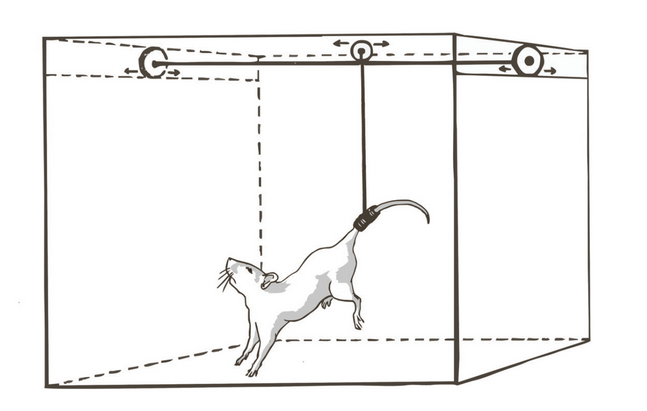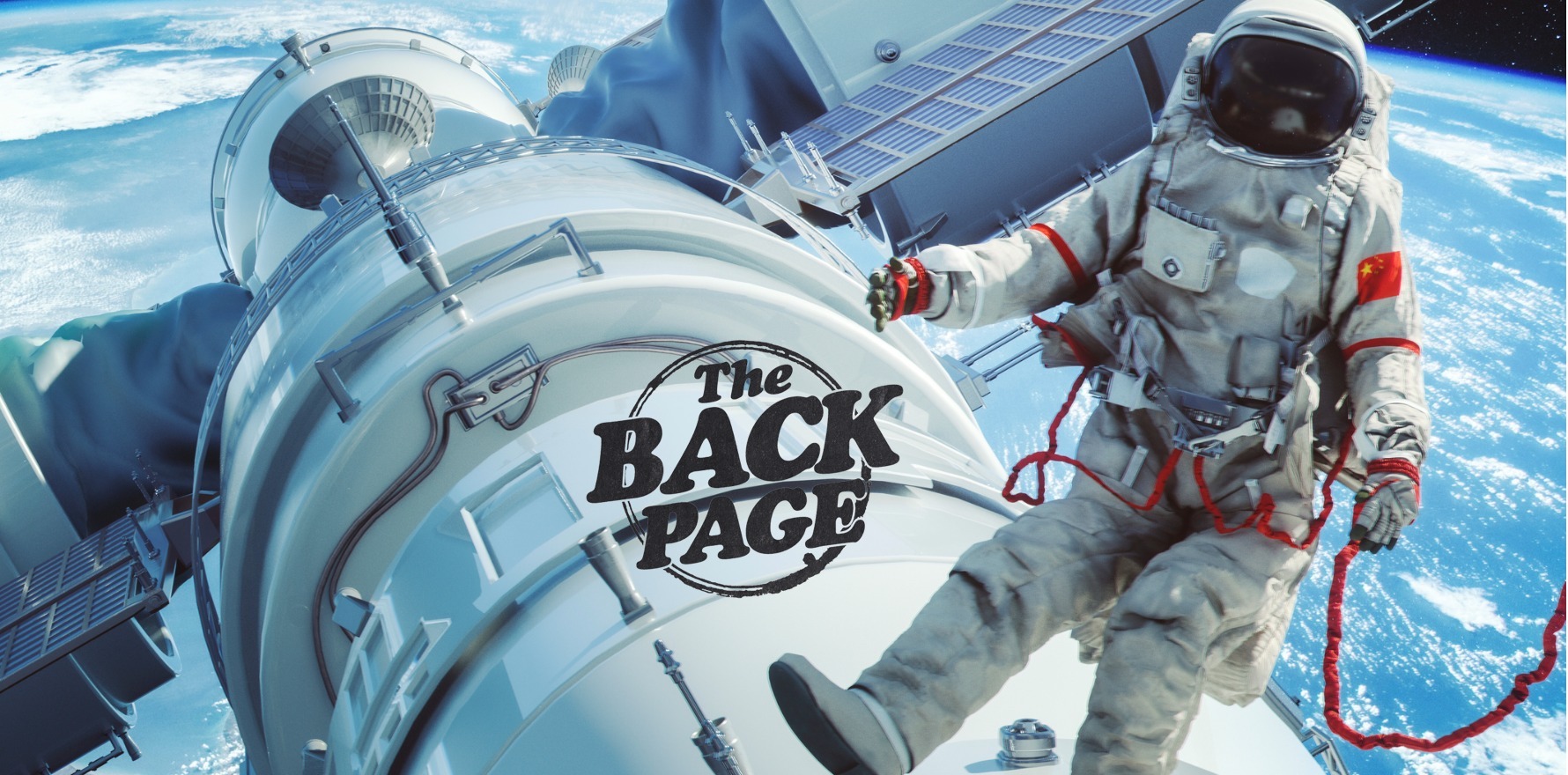Elon beware, floating around in zero-gravity can play havoc with male sexual function.
If you’ve ever wondered what kind of effect zero gravity and deep space radiation might have on erectile function, it could be time to find a new hobby or touch some grass.
And if you are still wondering, scientists from Florida State University and the Wake Forest University School of Medicine have come to your rescue.
The team randomised 86 male rats into six groups and exposed them to either zero gravity (0Gy), 0.75Gy or 1.5Gy of simulated galactic cosmic radiation.
Three groups were kept in their cages as normal, while the remaining three were suspended mid-air using the “hindlimb unloading” method to simulate physiological responses to weightlessness from spaceflight.
If you’re wondering what “hindlimb unloading” involves, the rats were placed under anaesthetic while harness tape was attached to the base of their tails, with the free end looped onto a custom ball-bearing swivel and attached to the opposite side of the tail.
Pieces of surgical tape were then secured to the harness tape while a carabiner clip was attached to the top of the swivel, with the cord connected to a clothesline-like pulley that slid along a solid steel rod – something a bit like this:

Analysing ex-vivo penile tissue extracted from the rats 12-13 months after their “spaceflight” and radiation exposures, scientists found that both the simulated weightlessness and galactic radiation exposure significantly impaired vasoreactivity and the relaxation capacity of the corpus cavernosum, likely elevating the risk for developing erectile dysfunction.
While exposure to simulated galactic radiation had the most severe effects on vascular reactivity, endothelial function and NANC-mediated relaxation across all rats, the authors found that simulated weightlessness on its own also led to impaired vasodilation in the corpus cavernosum.
Suffice it to say cosmic radiation and sexual function are not a match made in heaven – at least for the blokes.
According to the authors, the findings highlight the need for future research into the prolonged effects of spaceflight on sexual function for both male and female astronauts, particularly those undertaking deep space missions.
“These results suggest that neurovascular function of the erectile tissues may be impaired throughout the remainder of the astronauts’ sexual health span following return to Earth from prolonged deep space exploration,” they wrote.
Food for thought for the next SpaceX mission, methinks.
Sending tumescent tips to cate@medicalrepublic.com.au is out of this world. And probably illegal.


